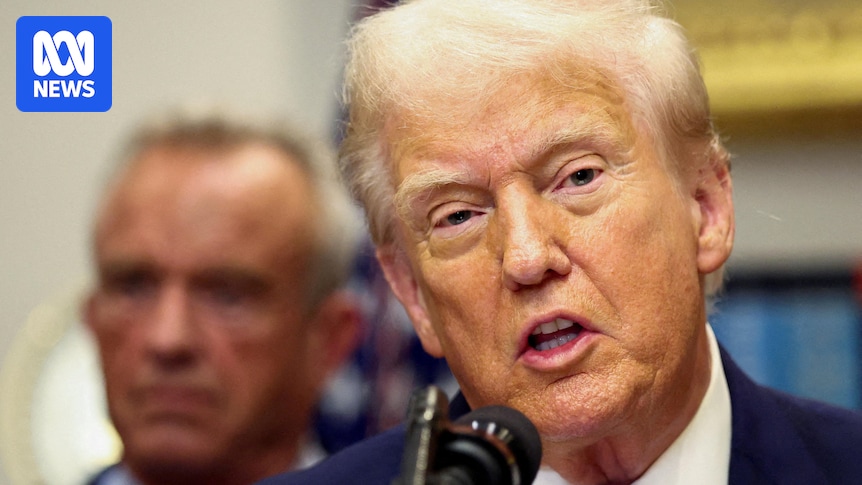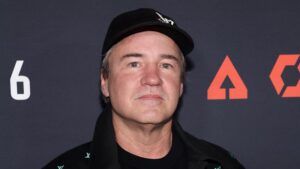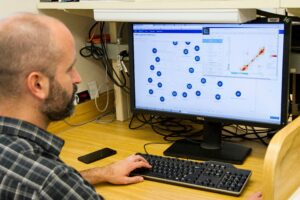
For many autistic individuals, autism is an integral part of their identity, shaping how they perceive and interact with the world. However, recent comments by US President Donald Trump, falsely linking autism to paracetamol use during pregnancy and describing the condition as inherently negative, have sparked outrage. To many in the autistic community, such remarks from one of the world’s most powerful figures threaten to unravel decades of progress toward acceptance and understanding.
Trump’s depiction of autism as an “epidemic” has been particularly distressing for those who take pride in their neurodiversity. The comments risk undermining years of advocacy aimed at fostering a more inclusive society. As Jac den Houting, an autistic research fellow at La Trobe University’s Olga Tennison Autism Research Centre, explains, conversations about the origins of autism can be fraught with danger. “In science and in medicine, generally if we are looking for the cause of something, it’s because we want to be able to prevent that something from happening in the future,” they say, describing the notion as “confronting” and “terrifying.”
A Complex Spectrum
Autism is a spectrum, encompassing a wide variety of abilities, support needs, and perspectives. In Australia alone, an estimated 290,000 people have an autism diagnosis, though the actual number is likely higher. For many, receiving a diagnosis is validating, providing an explanation for their unique experiences and interactions with the world. However, the stigma surrounding autism remains a significant barrier.
Heidi La Paglia, an autistic disability advocate, highlights the damaging impact of public discussions focused on “fixing” autism. “A lot of individuals are not only exhausted but really personally hurt when these kinds of statements come out,” she says. La Paglia also expresses concern that mothers are being unfairly blamed for inducing autism in their children, noting, “Women have been blamed for literally everything in their children, from disability to mental health conditions to allergies.”
Policy Shifts and Community Concerns
This controversy comes at a time when the autistic community in Australia is already on edge. The government recently announced plans to divert children with “mild to moderate” autism and developmental delays away from the National Disability Insurance Scheme (NDIS) to a new program called Thriving Kids. The move, intended to ease the scheme’s financial growth, has been interpreted by many families and advocates as a signal that autistic children are seen as a burden on taxpayers.
“We’re very much being framed as this problem that needs to be fixed or solved rather than being talked about as people who just need support,” La Paglia states. Despite these challenges, progress in recent years has been significant, with increased discussions around inclusion and awareness. Public spaces and events are increasingly catering to sensory needs, and Australia has introduced its first autism strategy. South Australia has even appointed a dedicated minister for autism in state parliament.
Impact of Public Figures on Autism Perception
While many may dismiss Trump’s claims, given his history of controversial statements, others may take them seriously or be left with doubts about scientific facts. This adds to the existing noise around autism, making it harder for the community to feel understood and accepted. “We already struggle to feel like we belong and like we have value. This is the last thing the autistic community needs to be dealing with,” den Houting emphasizes.
Although exploring the causes of autism is important, the tone and focus of these conversations matter, especially when discussing a vulnerable community. The autistic community has fought hard for recognition and acceptance, and it is crucial that public discourse supports, rather than undermines, these efforts.






